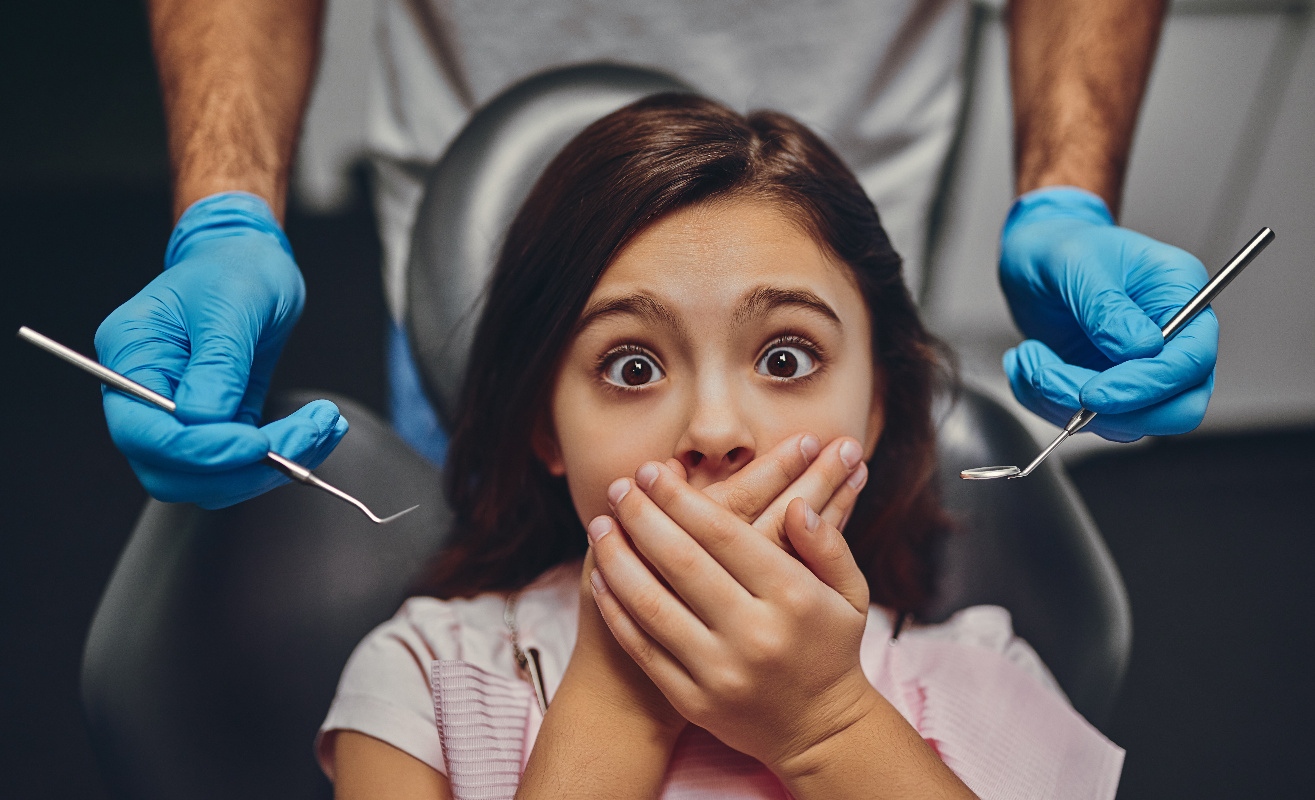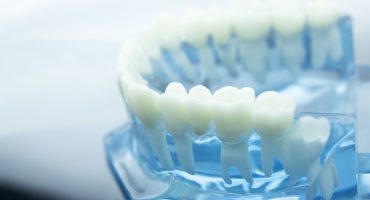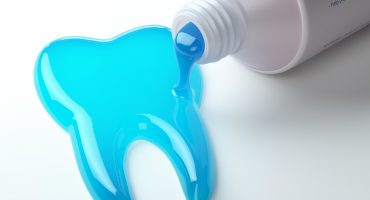In Germany alone, one in five people are afraid of visiting the dentist, and not just of major surgery. Before each appointment, this uncomfortable feeling spreads, sometimes severely and with significant side effects. Where this fear comes from, what helps and what you can do about it, we have collected for you.
What is dental fear and how does it express itself?
Even the thought of the dentist can literally make anxiety sufferers sweaty. Then often a cycle begins, in which, the fear of the dentist becomes independent and intensified. In the head arise scenarios of dental instruments, the smell of the practice, the powerlessness on the chair and above all the sound of the drill. All these thoughts then begin to manifest themselves physically. Sweat comes out, the pulse rises, the hands are cold and then it is only a small step to a full blown panic.
The whole thing is then reinforced by the shame to be perceived as an anxiety patient. Trying to alleviate these symptoms with medication can even lead to addiction and eventually result in physical illnesses, depression or social loneliness. Of course, many sufferers want to avoid such situations and therefore refrain altogether from visiting the dentist. They then prefer to accept creeping tooth decay and permanent toothache.
Where does this fear come from?
All of these signs and their consequences go back to the fear of dentists. So it is obvious to eliminate the causes of anxiety. But what causes lead to so-called dental phobia? Objective evidence for the triggers does not exist. But there is a lot to be said for the causes of dental anxiety in childhood and adolescence. Often, one of the first visits to the dentist was so painful or unpleasant that resulted in a trauma in the victim.
In addition, it is now assumed that even narratives and ideas from the family and friends can shape the first visit to the dentist negative in advance. In most cases this happens completely unintentionally. The experience reports are sufficient, however, to lay the foundation for a future dental fear in children.
What can anxiety patients do against their dental phobia?
In short: a lot! Because the dental fear arises in the head, the solutions must begin there. At the same time, however, your personal environment can help you to complete the next appointment with the dentist without fear.
- One of the most important measures in any phobia is talking about it. Depending on the level of dental fear, it can be enough if you entrust yourself to a close person. This can be a close relative or even a friend, neighbor or colleague. So look for a person you trust and share with them about your fears of the dentist. As a result, you are no longer alone. In most cases you will already find help and support through an open discussion - be it through encouragement, through further discussions or through an accompaniment to the next appointment.
- You can also exchange views with fellow sufferers who are (or were) as you are. Although these are generally strangers, they are very understanding. With too much fear of an outing as an anxiety patient, this can also be done anonymously. For example, there are countless forums, chats and websites on the Internet where sufferers share their experiences, measures and tips against dental phobia. You can then select the appropriate strategies for you and use for yourself. Alternatively, you can look for a support group in your area. There too, you'll find like-minded people who can help fight the dental scare. Ideally, you will also find people there who are willing to accompany you with understanding and encouragement to the dentist.
The Fight Against Fear Needs the Right Strategy
All these measures can only gradually reduce your dental phobia and not everything will help with every anxiety patient. That's why there might be a few treatment appointments for which anxiety is still your companion. But there are also a few tricks that can help you keep dentist anxiety in check in practice and from the treatment chair.
It starts well before the appointment, namely with the selection of the right doctor. In terms of dental phobia, this means choosing a practice that will give you patience, understanding and respect. A practice team that is familiar with anxiety patients and is prepared for it, can do a lot to ensure that physical symptoms (blood pressure, sweat, etc.) do not even show up. Particular importance is attached to the detailed discussions with the doctor. Before your treatment begins, a detailed and calm education helps. The dentist can explain the current condition, the theoretical measures and the practical procedure. This reduces this unpleasant feeling of being completely at the mercy of the doctor. After such conversations, you know exactly what happens when and why. Your subconscious mind tells you that you still have everything in your hands.
Soothing measures during the treatment at the dentist
If there is already a close relationship of trust between you and your dentist, medical treatment may also be considered during the treatment to relieve the anxiety. Nowadays sedation is widely used with nitrous oxide because it results in several advantages. The nitrous oxide is adjusted to your individual intensity and absorbed via a breathing mask. After a few minutes, the gas acts on the nervous system and reaches a relaxed feeling in anxious patients. The phobia is significantly reduced, the gagging during the treatment decreases and the pain tolerance increases temporarily.
Furthermore, the sense of time changes, so that you also perceive longer treatments as relatively short. All the same, as a patient, you have the upper hand, because you can control the dose of gas by breathing through your mouth or nose. At the end of the treatment, pure oxygen is inhaled for about ten minutes. As a result, the nitrous oxide is neutralized so far that an independent way home - even with the car - is easily possible.
Another medical option is general anesthesia, which can be very helpful especially for major procedures and surgeries. Assuming adequate confidence in your doctor, you will, so to speak, oversleep the treatment under general anesthesia. Again, the anesthesia is dosed individually and of course continuously monitored. General anesthesia requires - as with any other operation - a detailed history to clarify possible risk factors. Incidentally, studies have shown that anxiety patients who are regularly treated under general anesthesia lose their dental fear over time.
Defeat the fear with the help of therapy
With a particularly pronounced dental phobia, it is often not even possible to visit a dental practice. If that's the case with you too, often therapy (psychotherapeutic help) by experts is the solution. In doing so, you can learn to control your fear. This happens in several conversations or sessions. First, sufferers deal with their fear to be able to counteract with appropriate behavior. The spiral of malaise, anxiety and panic is broken and the phobia can be nipped in the bud by you. The last step of therapy is to consciously face anxiety in a dental practice. Affected persons can then gain the knowledge that the fear of the dentist is completely unfounded.




